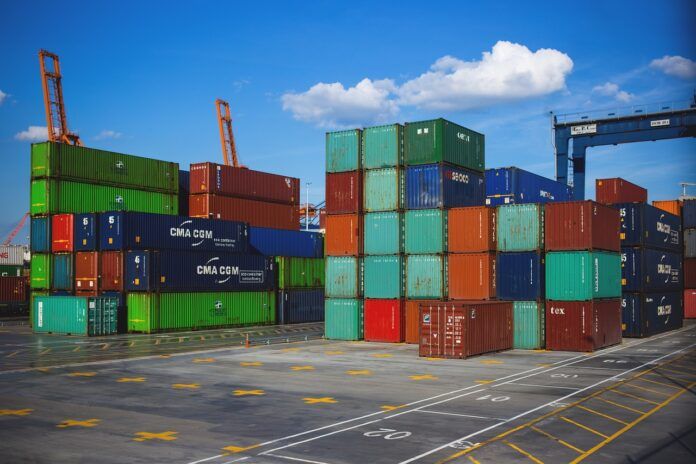The liquor and construction industries are waiting with bated breath as to who will blink first in the BC Port Strike stalemate, which is entering its second week.
Negotiations resumed over the weekend between the International Longshore and Warehouse Union Canada and the British Columbia Maritime Employers Association.
Chris Gardner who is the President of the Independent Contractors and Businesses Association took aim at the federal government’s “cavalier” approach stating there was no sense of urgency to try and avoid this.
“Everybody knew we were barreling down the track of a strike and nobody seemed to be that concerned about it in Ottawa. There didn’t seem to be much impetus in bringing the parties together and there didn’t seem to be if you can’t figure it out, we will approach and I think we are at that point now.”
“The problem is the parties have been negotiating for four months and it seems to me that after four months of discussion, these parties are now incapable of getting to a resolution.”
Gardner added the challenge the industry is facing now is whether its items are related to electrical components that are used in the construction of the building, mechanical equipment, and steel.
The near two-week stoppage is having a similar impact to the concrete strike that occurred a year ago – a strike that lasted approximately three weeks.
“The knockoff effect of that we are still feeling. It took out about 50% of the supply of concrete in the market and in some projects, they are still playing catch up and it inflated the price of concrete,” added Gardner.
“In this case, when you have both the Port of Prince Rupert and the Port of Vancouver shut down, which accounts for about 25% of Canada’s traded goods, the ripple effects are going to be quite significant. The longer it goes on the more significant not only in the day-to-day but in the impact of the supply chain because once folks return to work it will take them a long while to clear these backlogs.”
However, once the situation is resolved, Gardner is hoping the performance of both ports goes skyward – this following an unflattering report by the World Bank and SMP Intelligence where the Prince Rupert and Vancouver locations ranked near the bottom.
“The Port of Vancouver was ranked 347th out of 348 – second last in terms of performance while the Port of Prince Rupert was ranked 342nd. What that means is our infrastructure is not competitive, it’s not operating at a world-class level.”
On the liquor side of things, Jeff Guignard with the Alliance of Beverage Licensees stated while liquor warehouses have several weeks of supply of international products remaining, it will be the smaller operations feeling the pinch.
“The people who are going to be hit first by this are typically the smaller folks like the importers who tied up their money that’s floating around in the ocean right now and nowhere for those to dock. This will have a serious impact on our industry if this goes on much longer.”
“We are watching these storm clouds on the horizons, thinking we only have a few weeks before this starts to impact our industry. We are hoping both sides can get back to the table, find a fair deal, and get this strike behind us so we can move on.”
According to the Canadian Federation of Independent Business, around 19 billion dollars worth of cargo goes through the Port of Vancouver each year.
The CFIB would like Ottawa to issue back-to-work legislation similar to what was done during the Port of Montreal stoppage in 2020.
Something going on in the Prince George area you think people should know about?
Send us a news tip by emailing [email protected].






